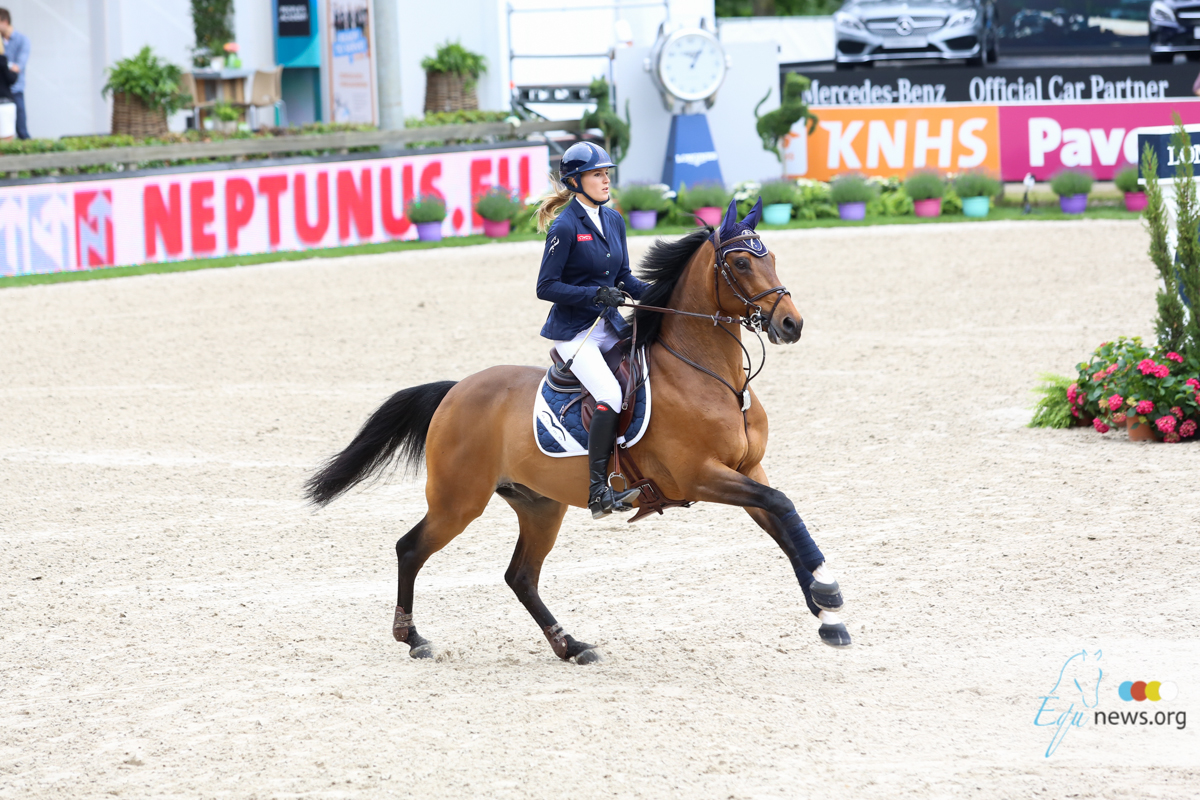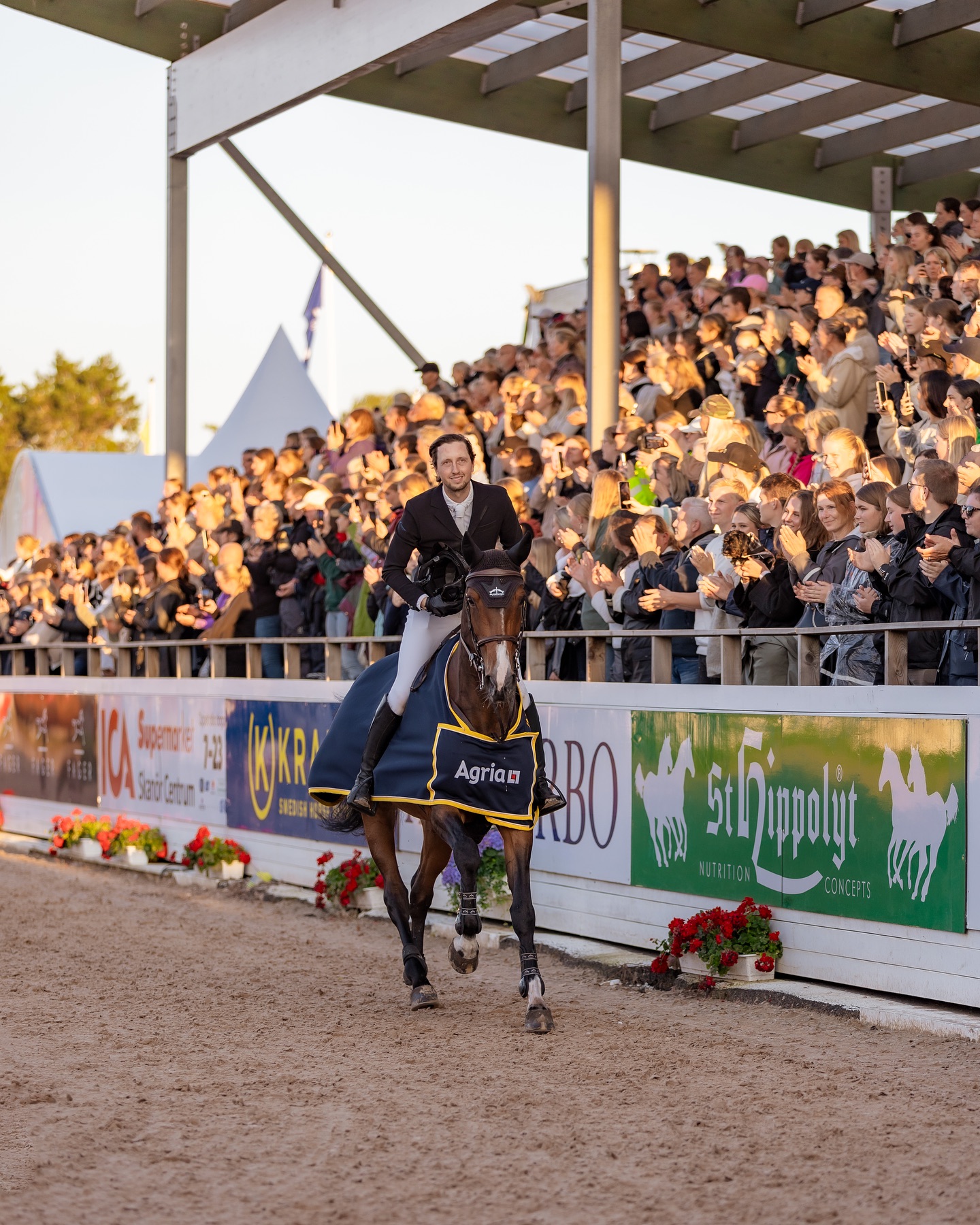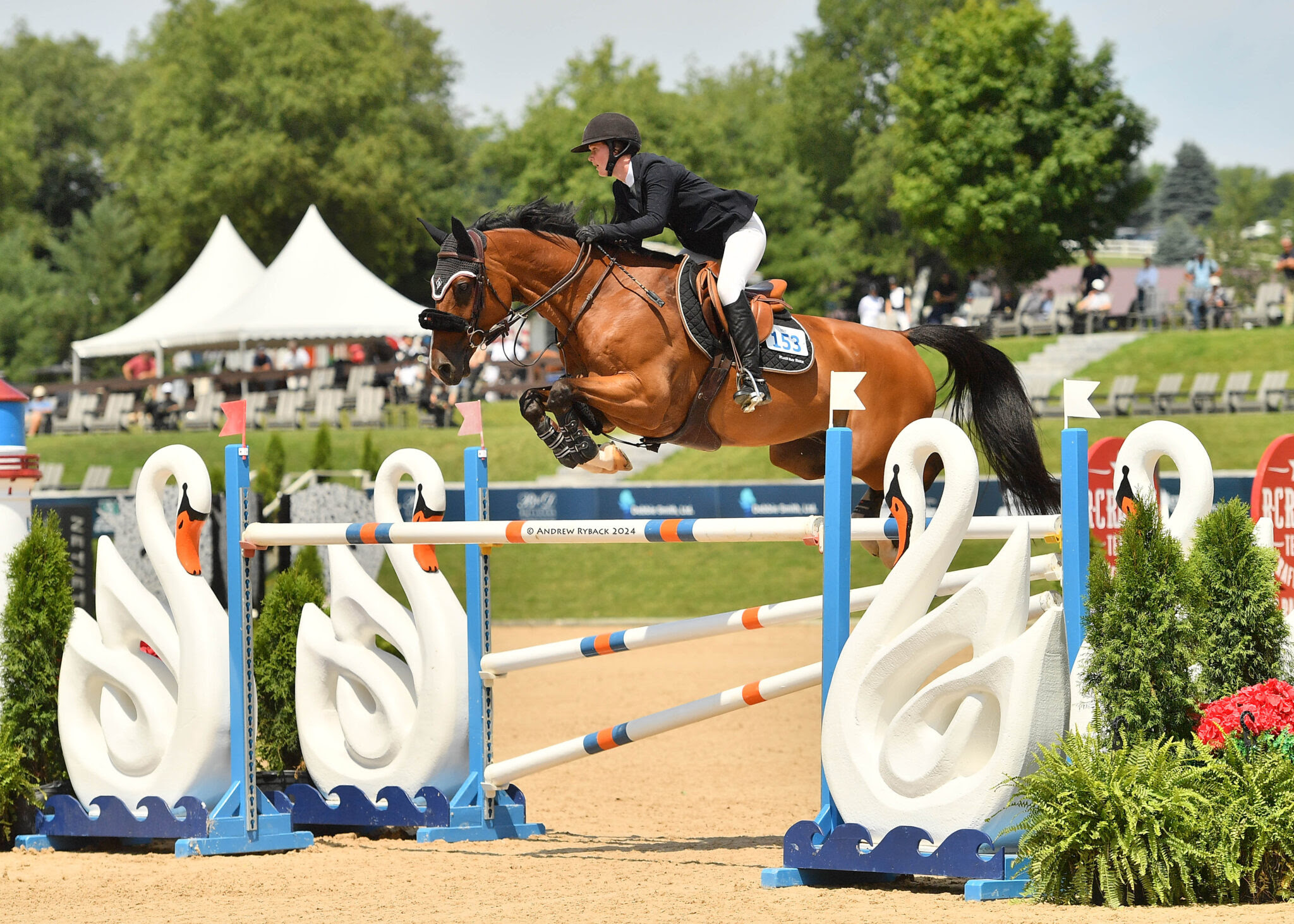Following the UK Prime Minister’s broadcast on Sunday 10 May, the Board of British Equestrian (BEF) has convened to discuss their position on riding and training in the current coronavirus pandemic. Although the crisis remains at stage four, according to the government’s COVID Alert Levels, the spread of the virus is under control and the peak has now passed. While there has been no major relaxation of lockdown restrictions, the government did announce some changes that enable us to review our advice for the equestrian sector.
The recommendation to only ride/drive where strictly necessary was in place to negate any extra burden on the medical and emergency services. However, with the NHS now operating within capacity, the equestrian public can exercise their own horses, or those in their care, as they require, including hacking. This must be within any UK government guidelines, including the restrictions on travel that remain in place in Scotland, Wales and Northern Ireland.
Social distancing must be observed at all times, as should public health, hygiene and biosecurity requirements.We continue to request that riders/drivers/vaulters consider the risk of their activity and ride/exercise where it is safe to do so and within their capabilities and fitness levels for them and their horse. Those residing in Scotland, Wales and Northern Ireland should remain within the boundaries of the premises where the horses are kept, where at all possible.
In addition, for riders in England only, the government’s relaxation on travel for exercise and call to return to work where you cannot do so from home, means that one-to-one training is also now permitted. Coaches can travel to yards for individual face-to-face training in controlled outdoor environments, while riders can also travel to have one-to-one lessons, as long as social distancing is adhered to throughout.
Coaches, for both face-to-face and online training, must ensure that the necessary measures, risk assessments and safeguarding provisions are put in place, including checking insurance cover with their providers. They should only ride a client’s horse where any shared clothing, tack or equipment has been appropriately disinfected and social distancing of two metres can be maintained at all times.
Riders are now permitted to transport horses to a venue for an individual lesson or facility hire outdoors. They may meet with one other from outside their household which may be a coach or other participant, all with the proviso that the appropriate social distancing and hygiene practices are in place. Those involved in travelling to or from a venue must all be from the same household. Venues should conduct full risk assessments and ensure that the required public health, hygiene and social distancing measures are implemented effectively.
The BEF Board and Chief Executive will continue to monitor the situation closely, based on direction from the UK government to strengthen lockdown or tighten travel restrictions, which could lead to a revision in the position on riding and training in England. We will also review any specific requirements across the devolved nations and work with regional bodies to provide specific advice, as the respective governments in each country may continue to enforce different restrictions.
BEF Chairman Malcolm Wharton commented; “Right across the country most people have upheld their societal responsibility to help with the management of the pandemic and the equestrian community has certainly risen to the challenge. These have been testing weeks with many riders separated from their horses, coaches and grooms, often without income, and riding schools without their clients – whatever our situation, none of us have been unaffected.“Many have followed our advice to the letter and some have continued to ride, but as safely as is possible and I thank you all for your support. Conditions are right that we can soften our message, as we all know the proven health benefits, both in terms of physical and mental well-being, that exercising with horses brings. We need to remain vigilant, stay alert and not take any undue risks, so that we can continue to ease towards the full resumption of activity, when the time is right.
”British Equestrian will issue a further update on equestrian premises (riding schools, livery yards, training establishments and therapy centres) in due course.A number of the BEF member bodies are releasing their own operational plans, detailing the stages towards a resumption of organised training and competition activity, when it is safe to do so. The BEF is finalising an umbrella plan to complement those plans and act as guidance for the equestrian sector and all of its stakeholders. We believe that wider equestrian activity and some horse sports can adapt well to any social distancing requirements and should be in a position to get underway quickly, once conditions permit and government gives the go ahead.
Source: British Showjumping



